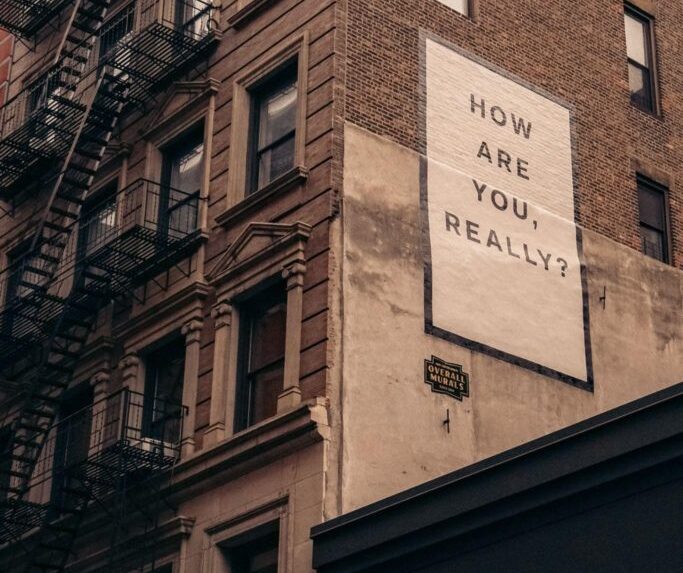Make New Friends
If the possibility of old friends is out, then consider ways to make new friends. It won’t be the same as when you were a kid just starting school and sharing crayons, or a freshman at college, just happy for someone to walk into the dining hall with you. It won’t be that easy either. Still, you must be yourself. Don’t try to become an extrovert overnight if you’re not one now; introverts are quite nice people (read Gifts Differing or any Myers-Briggs publications). Don’t try to memorize great conversation starters—though if you’re rusty here, exercises like this can be good, in their place.
Why am I cautioning you? Because if you insist on joining someone else’s world rather than building your own, you risk adding the stress of being what others’ want to your life, rather than what you want. Just the opposite of what a caregiver, who may already be overly responsible, overly responsive, and stressed out, needs. You need joy in your life, not another person who needs for you to think of them first.
Instead, be yourself. Do the things you enjoy, and just wait for potential friends to present themselves to you. If you like yoga or have always wanted to try it, for instance, then sign up for a class. When you go, you will probably find that chatting with your classmates—and maybe meeting them and getting to know them better over juice and salads afterwards—will then be a natural off-shoot of an activity you enjoy. If yoga isn’t your thing, then maybe it will be volunteering for some cause that moves you. Alzheimer’s and Dementia organizations need you. Cancer organizations need you. There are thousands of other organizations that could use your active help and support. Remember, just the act of participating in an organization that supports and advocates for a particular calling, cause, or effort that you believe in puts you in touch with those others who share, at least to some degree, that belief. You may find that they also share other beliefs with you. Take the time to find out over coffee afterward, or shared time working on committees with those your find interesting.
No matter what your activity is if you enjoy it, then you will have added something to your life that is not only giving to you, but that is also filling up that deposit column you have. Not only that, but any friends you meet or friendships you begin to build will be part of your world, not a forced insertion of yourself into someone else’s world or into a place that no longer fits. You need people. Yes, but make sure they’re your people.





